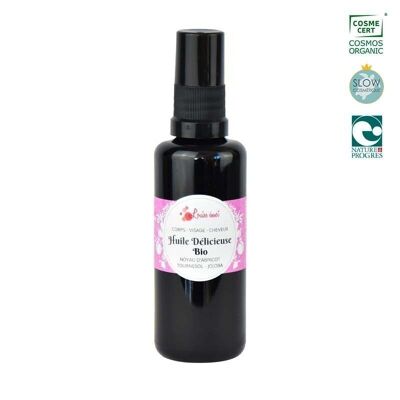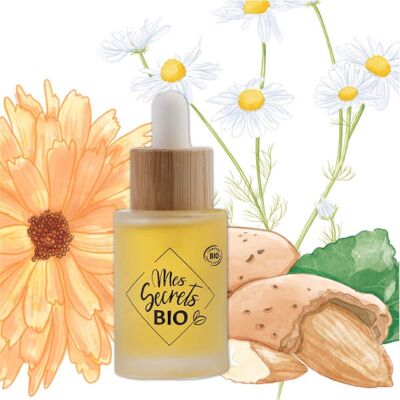

ORGANIC nigella vegetable oil - 50 ml
Organic nigella vegetable oil is ideal for acne-prone and sensitive skin. It is recognized for its antioxidant, antiseptic, anti-inflammatory, antifungal, healing and antihistamine properties. It is an ingredient of choice for making treatment face care. It solves the problems of imperfections and reduces redness. We have selected this oil for our anti-blemish range. Properties : - antioxidant: tremendous protective effect against external aggressions. - antiseptic: it is an oil recommended to treat acne problems and imperfections thanks to the presence of thymoquinone and monoterpenes. - anti-inflammatory and healing: it is recommended to soothe eczema and psoriasis. - antifungal: it is a base oil for mixtures against fungal infections. - nourishing, repairing, soothing and regenerating: ingredient of choice for mature, sensitive, dry, irritated or damaged skin. Identify : Nigella oil (black cumin) comes from the cold pressing of the seeds of Nigella Sativa. By this process, 30 to 40% of the weight of the seeds is obtained in the form of oil. It is an oily liquid that can range from yellow to amber yellow almost brown. It leaves a greasy feel on the skin (it is advantageous to mix it with oils with a drier feel such as grapeseed, macadamia or sesame). Its rather strong spicy fragrance is very characteristic and recalls the smell of cumin, very aromatic, slightly bitter, peppery and pungent. Its taste is strong and bitter. The flowers have a corolla of 5 petals of a pretty blue. Flowering occurs in July-August. The fruit contains many black seeds from which this vegetable oil is derived. Composition : - Omega 6: linoleic acid between 56 and 57%. Essential fatty acids, this acid enters into the composition of ceramides, which are part of the lipid cement: they ensure the cohesion of the different elements of the skin and form a protective layer on the surface of the skin. - Omega 9: oleic acid between 23 and 25%. This acid has restorative and healing properties. - Saturated fatty acids - Palmitic acids between 11 and 12%, an important component of the skin barrier. - Stearic acid between 3 and 4%, moisturizing and film-forming. - Nigella essential oil (between 0.5 and 2%): immunomodulating and anti-inflammatory. This essential oil, very rich in components, cannot be separated from vegetable oil and makes this oil a real cocktail of active ingredients. It contains monoterpenes: antiseptics, digestive stimulants and anti-inflammatories (paracymene 50 to 55% and alpha thuyene 12 to 18%). It also contains thymoquinone, a powerful anti-infective and antifungal, but also anti-inflammatory, antihistamine and antioxidant. Use : Antiseptic and soothing, Nigella oil is the ally of many skin problems, from acne to psoriasis. It calms the itching of the skin, but also of the scalp, while repairing dry and damaged hair. You can use it as a repairing and soothing mask on your hair, to leave on for at least an hour for optimal action. It also has a good anti-dandruff action. Mature skin, whatever its nature, dry, oily or reactive, will benefit from the soothing properties of Nigella oil, its antioxidant action and the restorative and restructuring action of the fatty acids it contains. It is therefore an oil to be recommended, alone or in a mixture, for all skin types and all ages. It is an oil that you can apply in case of hemorrhoidal crisis. Its soothing and anti-inflammatory action will help calm the pain. Ecological impact: The Nigella oil that you will find in Mes Secrets BIO products comes from Egypt. We favor it in our recipes because its ecological impact is minimal. We try to use ingredients from plants grown close to home for a global ecological approach. With Nigella oil, we take advantage of the natural richness of the Mediterranean basin. A little history : The use of nigella seed in India, Egypt, the Maghreb and the Near East has been known since antiquity. Seeds of "black cumin", another name for nigella, have even been found in the tombs of pharaohs. Some call black cumin oil "the oil of the pharaohs". The translation of its name in Arabic is "the seed of blessing". In antiquity, it is also cited by Greek and Roman doctors. Moreover, its name, nigelle, would come from nigellus (blackish, in Latin). It has also been called "poivrette", because of the black color and spicy taste of its seeds. It has also been known for centuries in India by Ayurveda practitioners as kalinji, renowned for its stimulating and antidepressant properties. The nigella was cultivated in Europe from the 8th century and the famous Hildegard of Bingen quotes it, while attributing few properties to it. The properties that make its current reputation were not really recognized in the West until the second half of the 20th century. This information is given for information only and taken from reference publications. They do not engage the responsibility of Mes Secrets Bio or constitute medical information. For a diagnosis or if your symptoms persist, please see a doctor.
Mes Secrets BIO store also offers

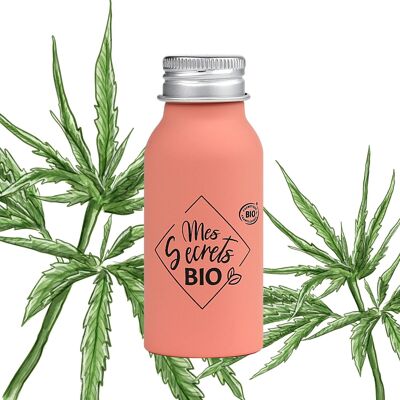
ORGANIC hemp vegetable oil - 50 ml
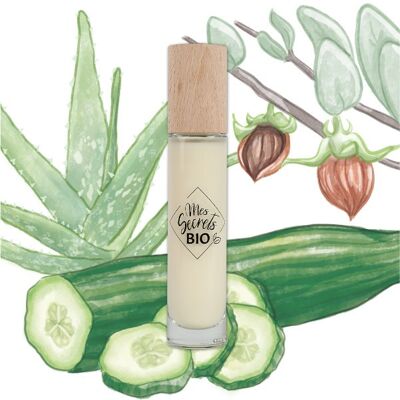
Organic moisturizing cream My Organic Secrets "Brilliant Cream" - 50mL
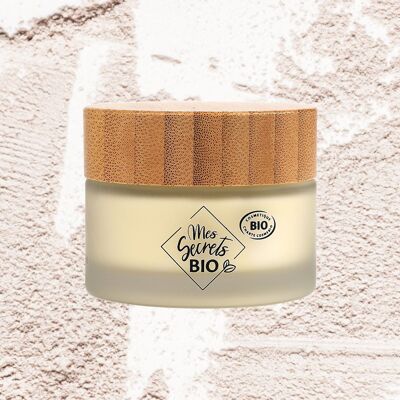
Soothing mask with white clay "A sweet song" - 50 ml
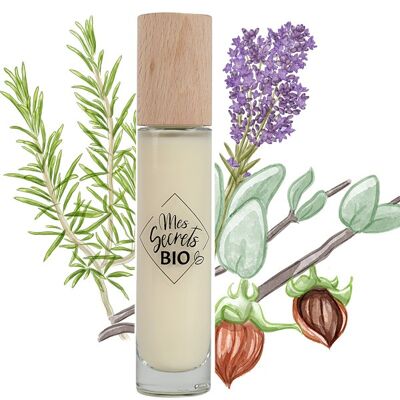
Organic anti-acne cream My Organic Secrets "Escapade en Provence" - 50mL
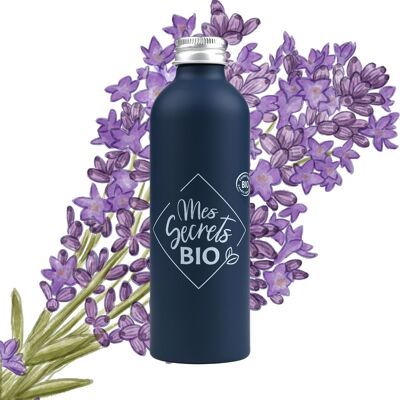
Organic lavender water - 200 ml
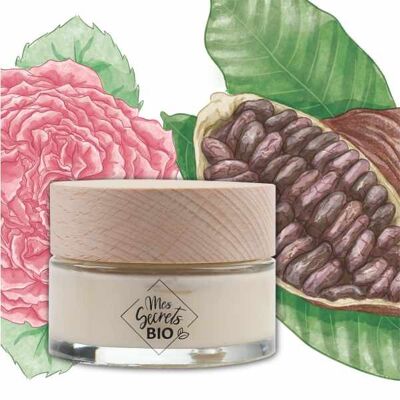
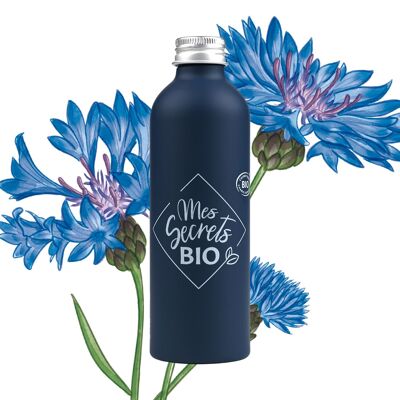
Organic cornflower water - 200 ml
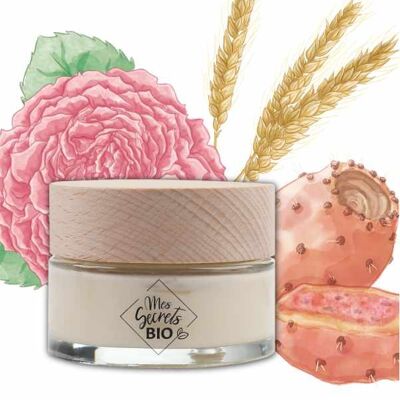
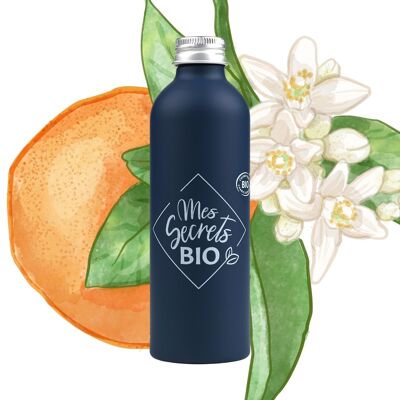
Organic orange blossom water - 200 ml
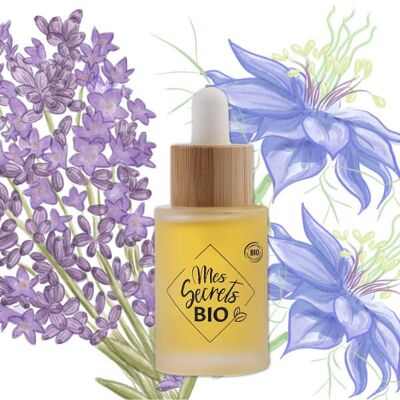
My Secrets BIO anti-acne serum "Concentrate of Perfection" - 30mL
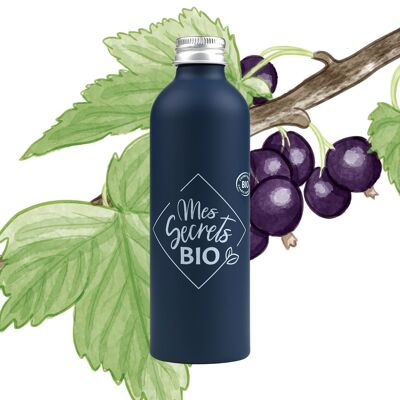
Organic blackcurrant water 200 ml
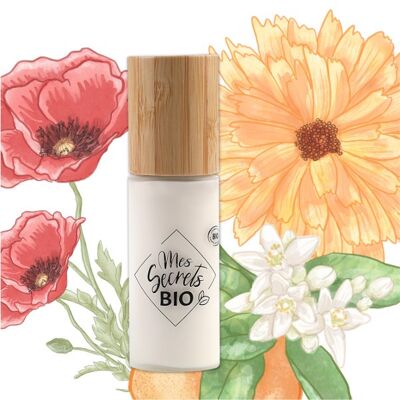
Organic soothing cream for sensitive skin Mes Secrets BIO "A little calm" - 50mL
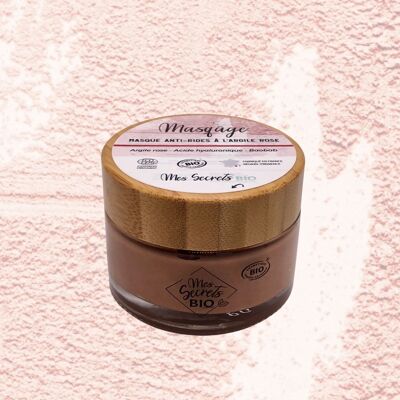
Anti-aging mask with pink clay "Masq'age" - 50 ml

Anti-puffiness and anti-wrinkle eye contour "On the finger and on the eye" - 30 mL
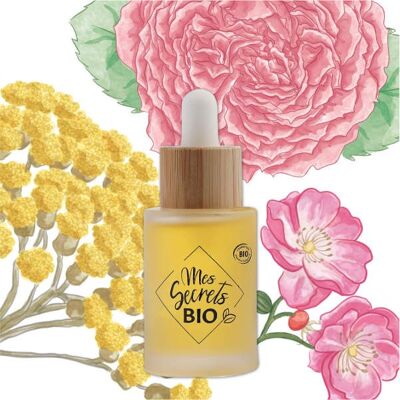
Organic anti-aging serum My Organic Secrets "Ma vie en Rose" - 30mL
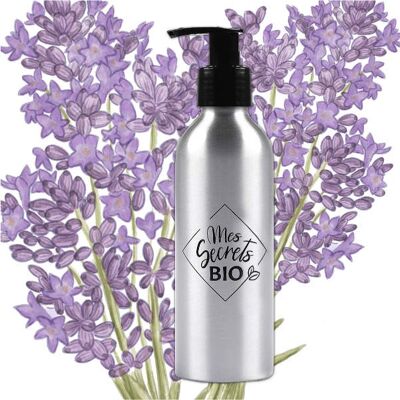
Organic make-up remover My Organic Secrets "Eau Géniale" - 200mL
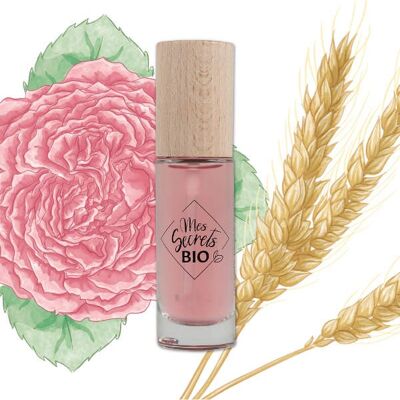
Mes Secrets BIO anti-aging gel serum "Princess of Grasse" - 30mL
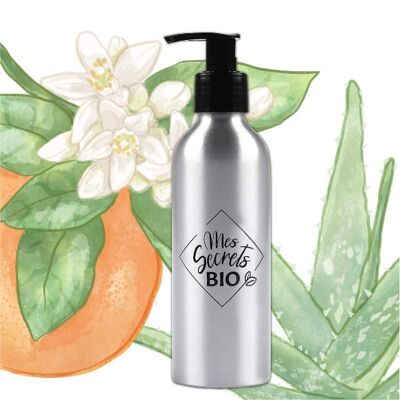
Organic moisturizing and anti-aging make-up remover My Organic Secrets "Laying bare" - 200mL
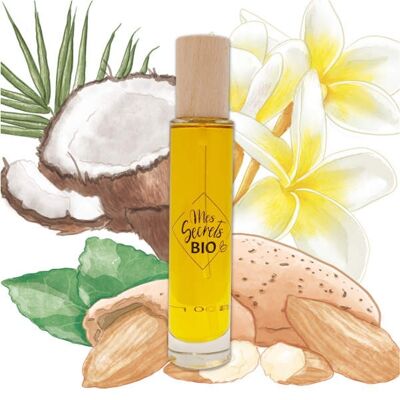
Organic nourishing dry body oil My Organic Secrets "My loving oil" - 100mL
Products you may like
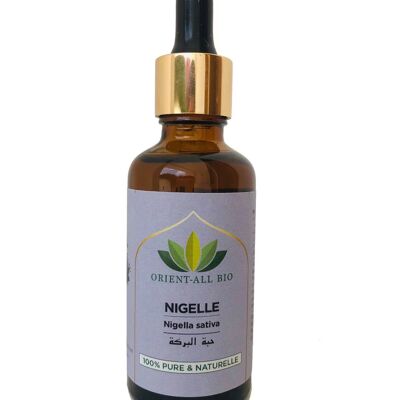
Nigella oil (50 ml)
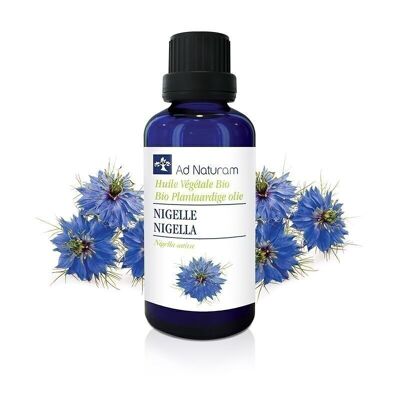
Organic Nigella Vegetable Oil
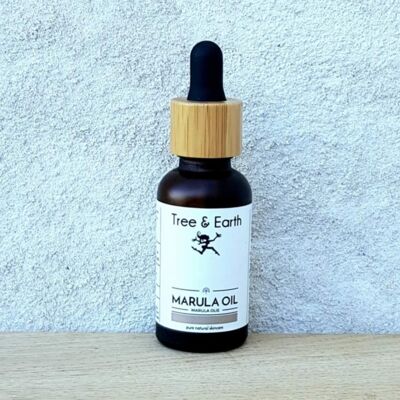
Marula oil - Organic, 30ml
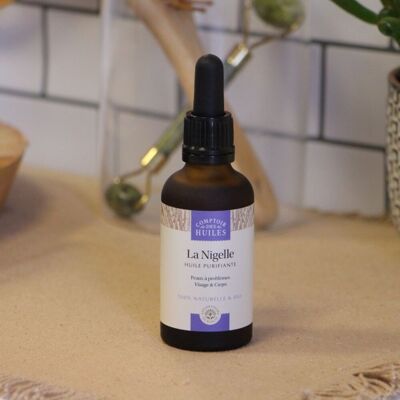
ORGANIC Black Seed Oil - 50ml
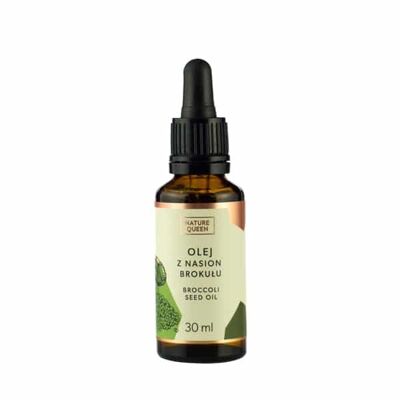
BROCCOLI SEED OIL - 30 ML

Organic Jojoba Oil - 50 ml
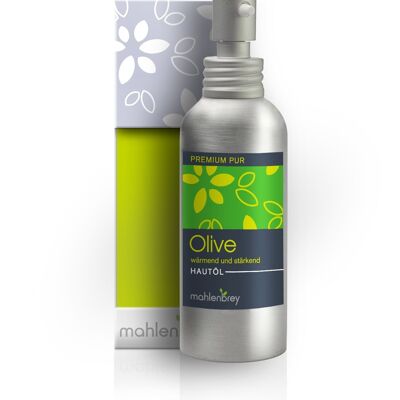
Olive oil - 50 ml

Nigella Vegetable Oil (100 ml) | Organic, Artisanal, Made In France
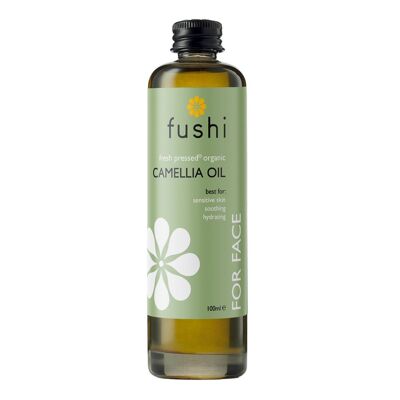
Organic Camellia Oil 100 ml
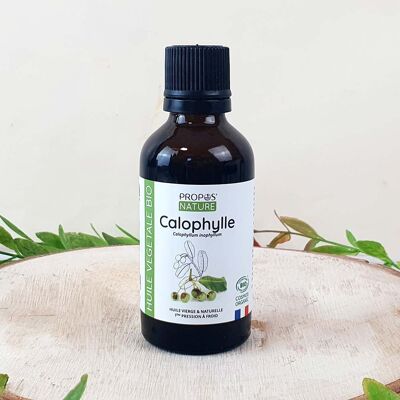
ORGANIC CALOPHYLL VEGETABLE OIL 50ml**
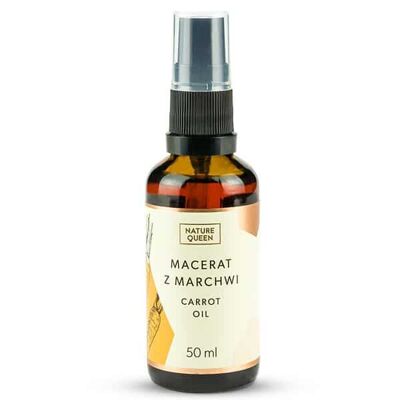
CARROT OIL - 50 ML
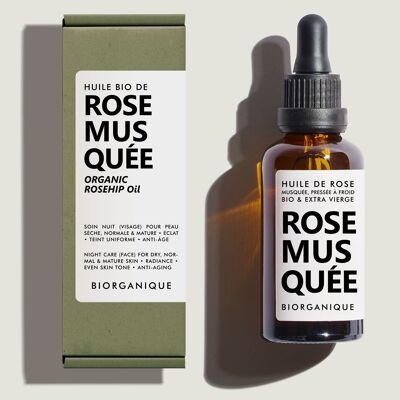
ORGANIC Rosehip Oil - 50 ml
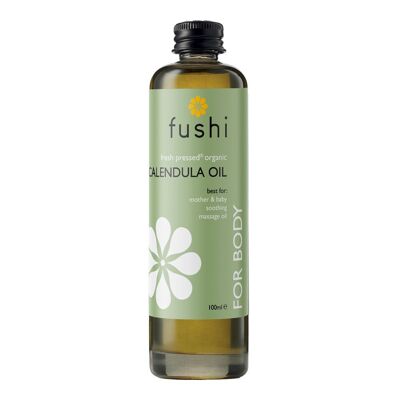
Organic Calendula Oil 100 ml
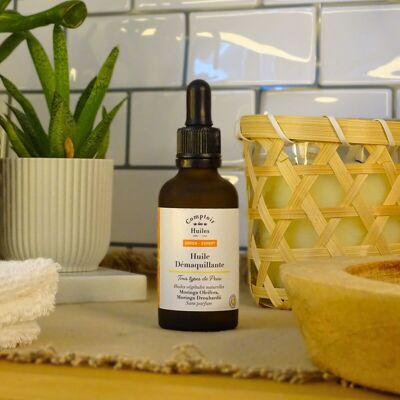
Green Expert - ORGANIC Makeup Remover Oil - 50 ml
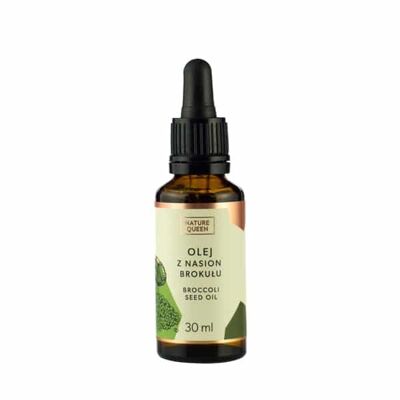
BROCCOLI SEED OIL - 10 ML
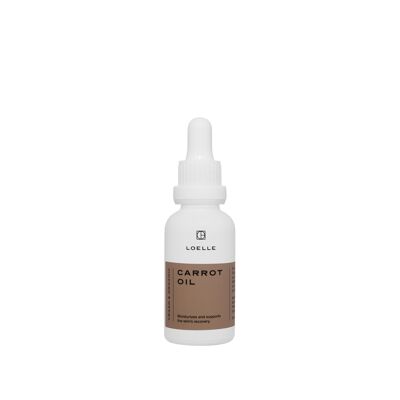
Carrot Seed Oil - 30ml
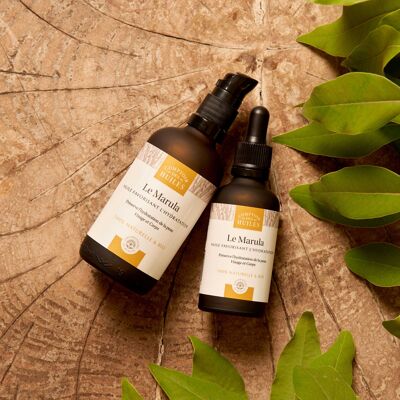
Organic Marula Oil - 50ml
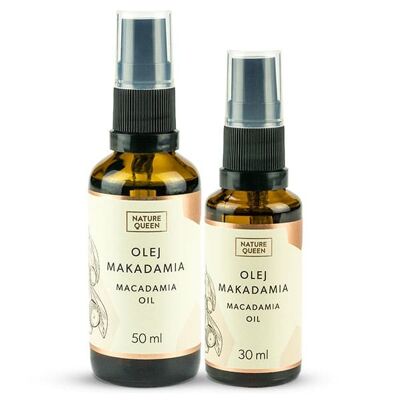
MACADAMIA OIL - 50 ML
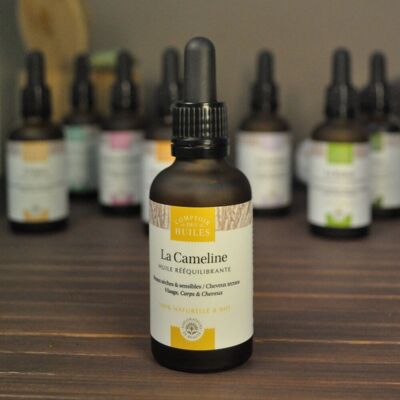
ORGANIC Camelina Oil - 50ml
